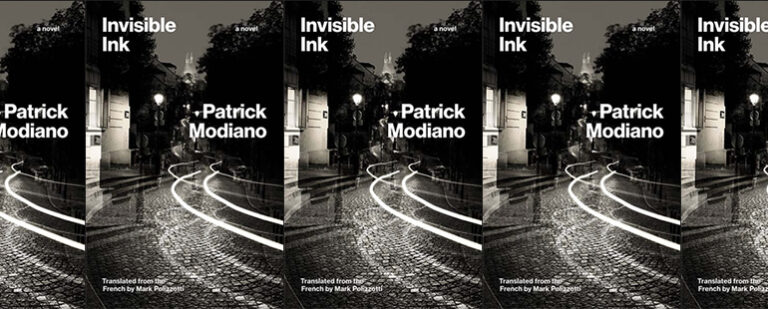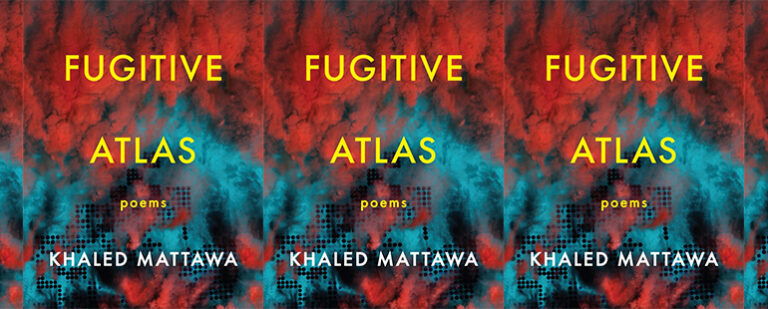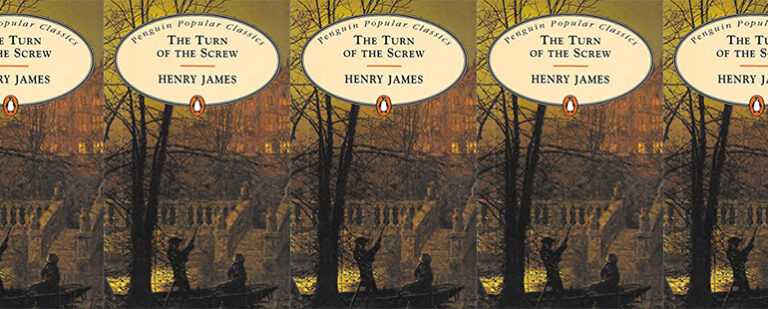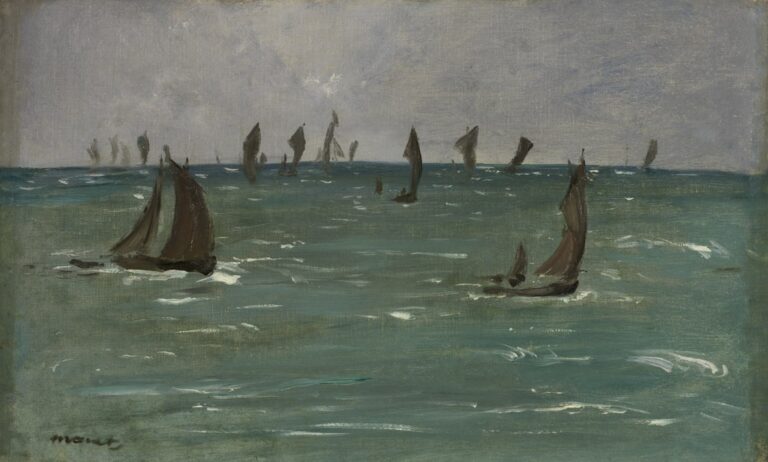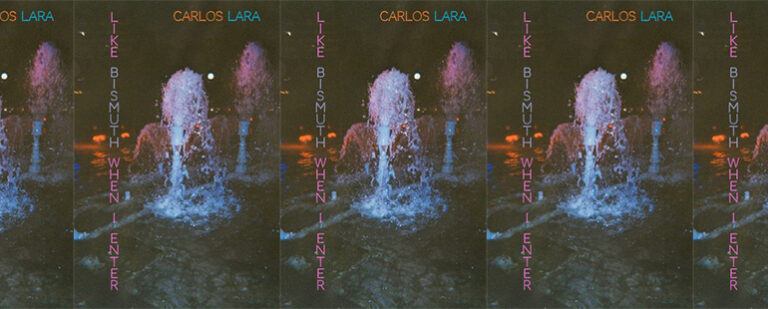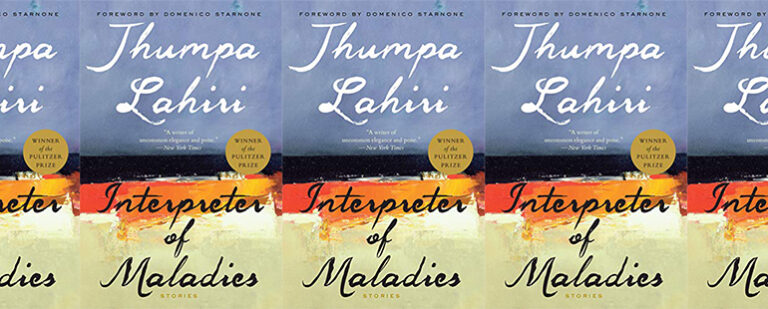Invisible Ink by Patrick Modiano
What makes Modiano’s new novel such an enchanting read is its insistence on the importance of “those spaces where memory blurs into forgetting,” and its glyptic insights into the mechanisms by which forgetting offers up alternative chronologies . . .
